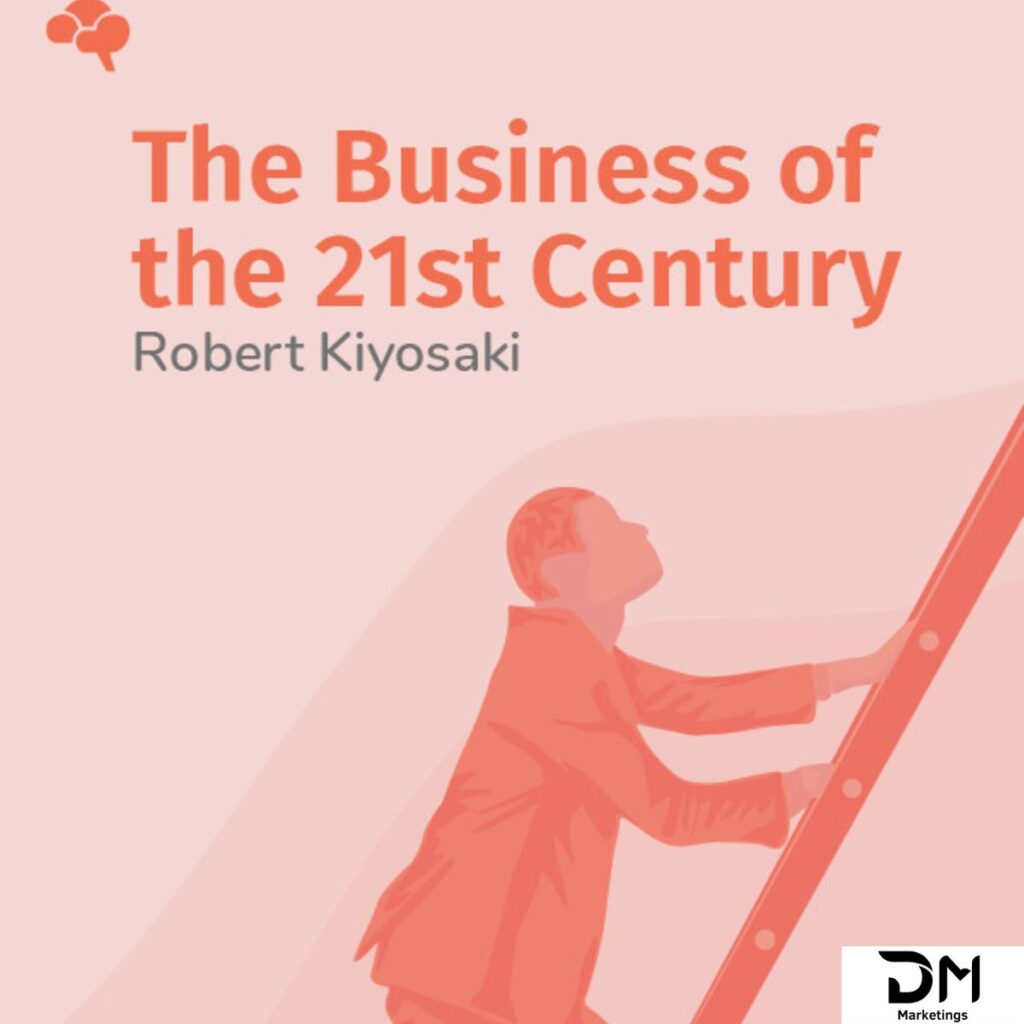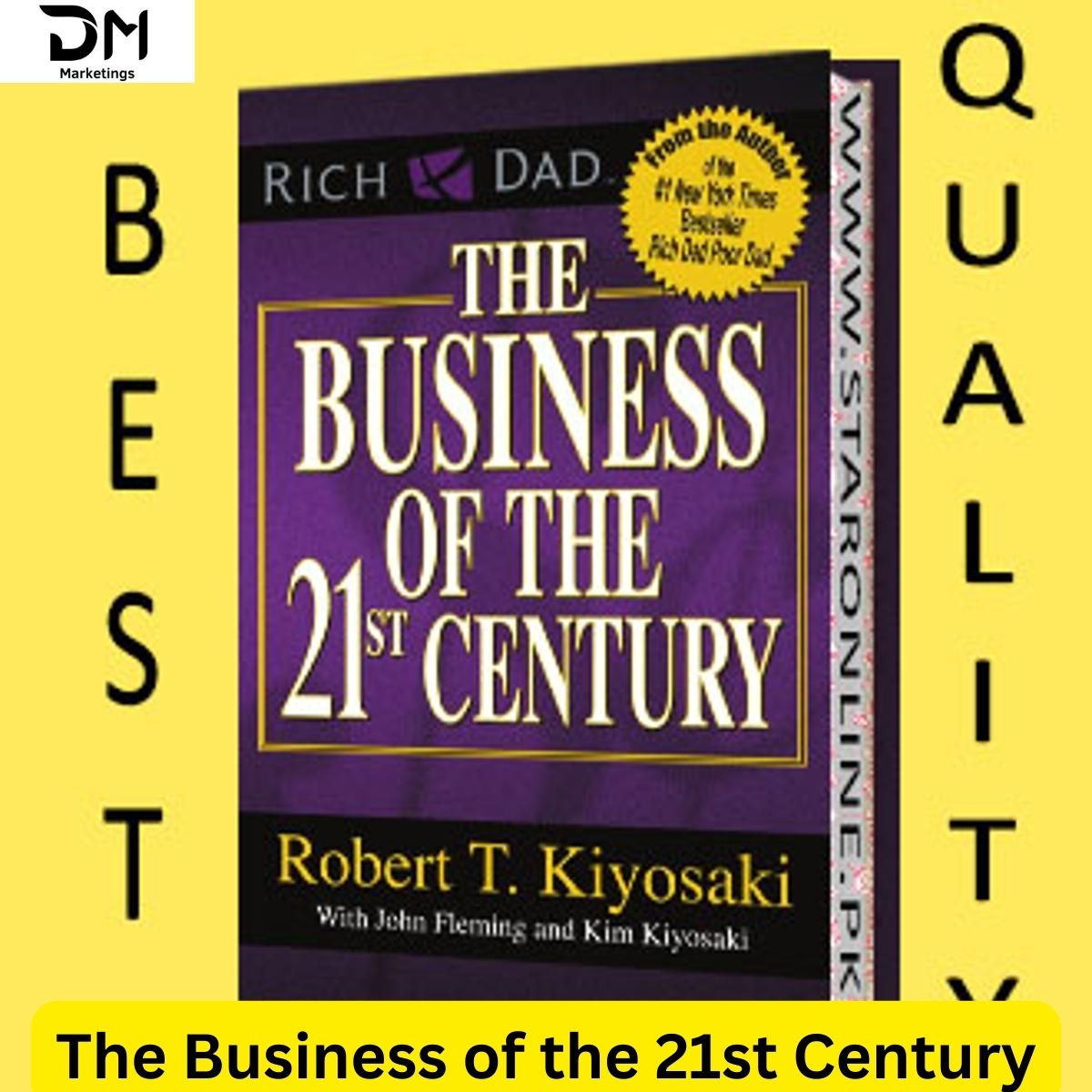In the fast-paced and ever-evolving landscape of the 21st century, businesses are navigating through a myriad of changes and challenges. This article explores the dynamic nature of modern business and provides insights into the strategies and trends that define success in the current era. Digital Transformation
Table of Contents
Introduction
The 21st century has witnessed a remarkable transformation in the way business is conducted. As we embrace an era dominated by technology, globalization, and changing consumer behaviors, it becomes imperative for businesses to adapt and thrive in this dynamic environment.
Digital Transformation
One of the defining aspects of the 21st-century business is the significant role played by digital transformation. Businesses that harness the power of technology find themselves at a competitive advantage. From automated processes to data-driven insights, digital transformation is a key driver of success.
Globalization and Market Expansion
Gone are the days when businesses were confined by geographical boundaries. Globalization has opened up new avenues for market expansion. Successful businesses today formulate strategies that transcend traditional borders, reaching a global audience and diversifying their market presence.
Entrepreneurship in the 21st Century
The 21st century is witnessing a surge in entrepreneurship. Individuals are breaking free from traditional employment structures to pursue innovative ideas. Successful entrepreneurs embody traits such as resilience, adaptability, and a forward-thinking mindset.

E-commerce Boom
The rise of e-commerce has revolutionized the way goods and services are bought and sold. Traditional brick-and-mortar businesses are increasingly adopting online platforms to stay relevant. Understanding the dynamics of the e-commerce landscape is crucial for sustained success.
Importance of Branding
In a world flooded with options, building a strong brand presence is non-negotiable. The 21st century demands businesses to not only deliver quality but also establish a meaningful connection with their audience. Social media platforms serve as powerful tools for brand building and customer engagement.
Data-Driven Decision Making
Smart decision-making is at the core of successful businesses in the 21st century. Leveraging data analytics provides valuable insights that aid in informed decision-making. Businesses that embrace a data-driven approach are better equipped to navigate challenges and capitalize on opportunities.
Adapting to Changing Consumer Behavior
Understanding and responding to changing consumer behaviors is paramount. The modern consumer is well-informed and values personalized experiences. Businesses need to continually adapt their strategies to meet evolving consumer expectations.

Agile Business Models
The ability to adapt swiftly to changing circumstances is a hallmark of successful businesses today. Agile business models, characterized by flexibility and responsiveness, are essential for navigating the uncertainties of the modern business landscape.
Sustainability in Business
Sustainability is no longer just a buzzword; it’s a business imperative. Consumers are increasingly inclined to support environmentally and socially responsible businesses. Integrating sustainable practices into business operations is not only ethical but also a strategic move for long-term success.
Challenges and Opportunities
The 21st century brings both challenges and opportunities. From technological disruptions to market uncertainties, businesses must be prepared to navigate through obstacles while identifying opportunities within challenges for sustainable growth.
Innovation and Creativity
Innovation is the lifeblood of successful businesses in the modern era. Fostering a culture of creativity within organizations encourages the generation of fresh ideas and solutions. Digital Transformation Staying ahead in a competitive market requires a commitment to continuous innovation.
Workforce Dynamics
The nature of the workforce is evolving rapidly. Businesses need to adapt to the expectations and dynamics of a diverse and dynamic workforce. Employee engagement, diversity and inclusion, and flexible work arrangements are becoming integral to a thriving workplace.
Strategic Partnerships
In a connected world, strategic partnerships can be a game-changer. Collaborative approaches to business open up new possibilities for growth. Businesses that forge meaningful partnerships position themselves for mutual success in an interconnected business ecosystem.
Conclusion
The business landscape of the 21st century is intricate, demanding agility, innovation, and a proactive approach to change. To thrive in this dynamic environment, businesses must embrace digital transformation, leverage global opportunities, and prioritize sustainability. By understanding and adapting to changing consumer behaviors, fostering innovation, and building strategic partnerships, businesses can navigate challenges and turn them into opportunities for growth.
FAQs (Frequently Asked Questions)
How can businesses adapt to the challenges of digital transformation?
Embrace a culture of continuous learning and invest in technology training for employees.
Why is sustainability important for business success?
Sustainability not only aligns with ethical practices but also meets the growing demand from socially conscious consumers.
What role does data play in decision-making for businesses?
Data provides valuable insights that enable businesses to make informed and strategic decisions.
How can businesses foster a culture of innovation within their organizations?
Encourage creativity, reward innovative ideas, and create a supportive environment that values experimentation.
Why are strategic partnerships crucial for business growth?
Strategic partnerships offer access to new markets, resources, and expertise, fostering mutual growth.
